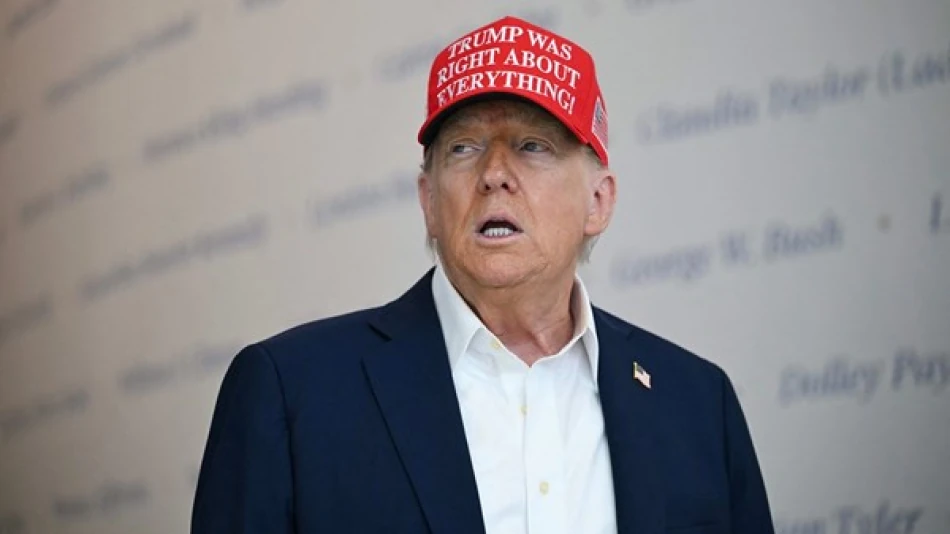
Trump Weighs in on Potential Putin-Zelenskyy Meeting: Geopolitical Dynamics Analyzed
Trump Admits Putin-Zelensky Summit Would Be "Like Mixing Oil and Water"
President Donald Trump acknowledged the enormous challenge of bringing Russian President Vladimir Putin and Ukrainian President Volodymyr Zelensky together for peace talks, comparing the prospect to mixing oil and water. The admission comes after Trump held separate meetings with both leaders this month as part of his promised effort to end the Ukraine conflict within his first 100 days in office.
The Challenge of Diplomatic Chemistry
Speaking to reporters in Washington on Friday, Trump was candid about the difficulties ahead. "We'll see if Putin and Zelensky will work together. You know, it's a bit like mixing oil and water. They don't get along very well for obvious reasons," he said.
The president's colorful metaphor underscores the deep personal and political animosity between the two leaders after nearly three years of devastating warfare. Zelensky has repeatedly accused Putin of war crimes, while the Russian leader has questioned Ukraine's legitimacy as a sovereign state.
Trump's Reluctant Role as Mediator
When asked whether such a summit would require his personal attendance, Trump appeared hesitant. "We'll see," he responded, later adding that he wasn't certain his presence would be necessary and that he "wouldn't prefer to attend."
This reluctance marks a notable shift from Trump's earlier confident promises to resolve the Ukraine crisis quickly. During his campaign, he claimed he could end the war "in 24 hours," but the reality of diplomatic mediation appears more daunting than anticipated.
Historical Precedent for High-Stakes Summits
Trump's challenge echoes previous attempts at conflict resolution between bitter enemies. The Camp David Accords of 1978 required President Carter's intensive personal involvement to broker peace between Egypt's Sadat and Israel's Begin. More recently, the Abraham Accords succeeded partly due to Trump's own direct engagement with Middle Eastern leaders.
However, the Ukraine conflict presents unique complications. Unlike trade disputes or territorial negotiations, this war involves fundamental questions of national survival and territorial integrity that leave little room for compromise.
Strategic Implications for Global Markets
The prospect of meaningful peace talks—however distant—continues to influence global markets. Energy prices remain volatile as traders weigh the possibility of resumed Ukrainian grain exports and normalized Russian energy flows against the reality of entrenched positions on both sides.
Defense contractors and reconstruction companies are closely monitoring diplomatic developments, knowing that any genuine ceasefire would trigger massive rebuilding efforts in Ukraine while potentially reducing military aid flows.
The Alaska Connection
Trump's reference to discussions with Putin following their Alaska talks suggests ongoing behind-the-scenes diplomacy. Alaska's strategic location—equidistant from Moscow and Washington—has historically served as neutral ground for U.S.-Russia dialogue, dating back to Cold War summit meetings.
The choice of venue may signal Trump's attempt to recreate the atmosphere of his previous summits with Putin, though the dramatically changed geopolitical landscape since 2018 makes such personal diplomacy far more complex.
Most Viewed News

 Layla Al Mansoori
Layla Al Mansoori






